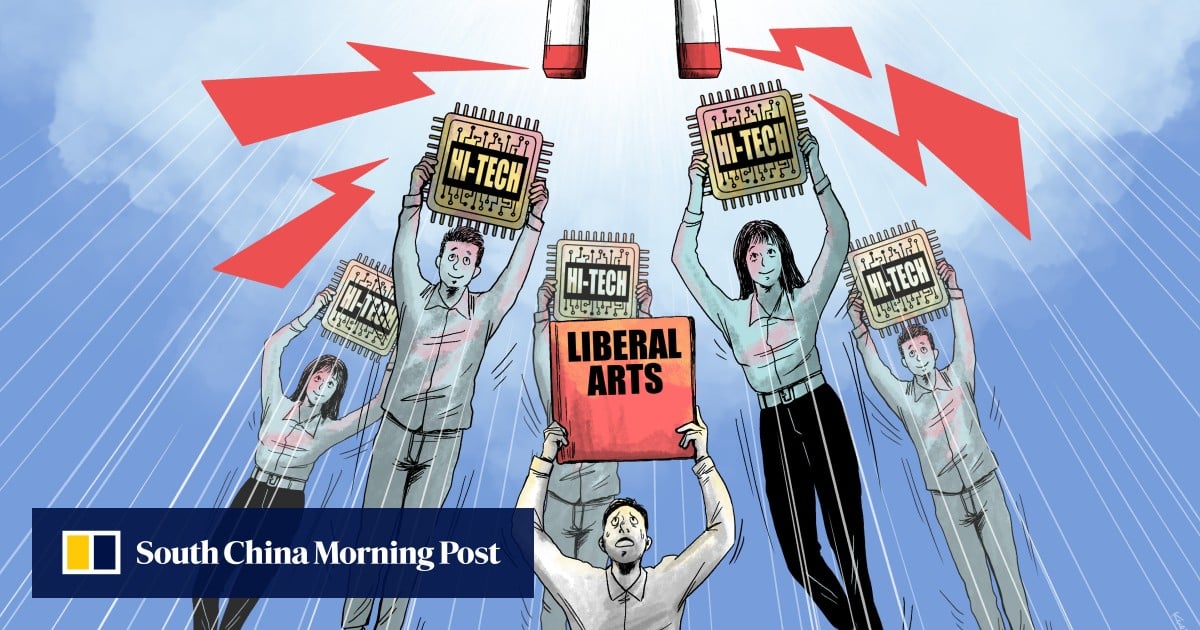
Chinese universities have begun significantly reducing enrolments in arts and social science programs, a move that has raised concerns among educators and policy analysts. The trend appears to be influenced by the government’s push to strengthen fields deemed more aligned with national economic strategies, such as science, technology, engineering, and mathematics (STEM).
Analysts caution that while adapting the education system to economic needs is important, overly emphasizing utilitarian purposes could undermine the long-term value of a well-rounded education. Experts argue that disciplines in the arts and social sciences provide critical thinking, cultural awareness, and social understanding—skills that are essential for balanced societal development.
“Education should not be solely about immediate economic returns,” warned one academic familiar with the changes. “Dismissing the value of humanities and social sciences risks producing graduates with narrow skill sets and limited perspectives.”
The cuts are part of broader reforms to enhance employment prospects for new graduates and address what officials describe as a mismatch between job market demand and university output. However, critics fear that sidelining non-STEM subjects could stifle innovation, civic engagement, and critical analysis in society.
Educational stakeholders are urging policymakers to maintain a more balanced approach that recognizes the long-term societal contributions of the arts and humanities while also responding to shifting labor market requirements.
Source: https:// – Courtesy of the original publisher.








